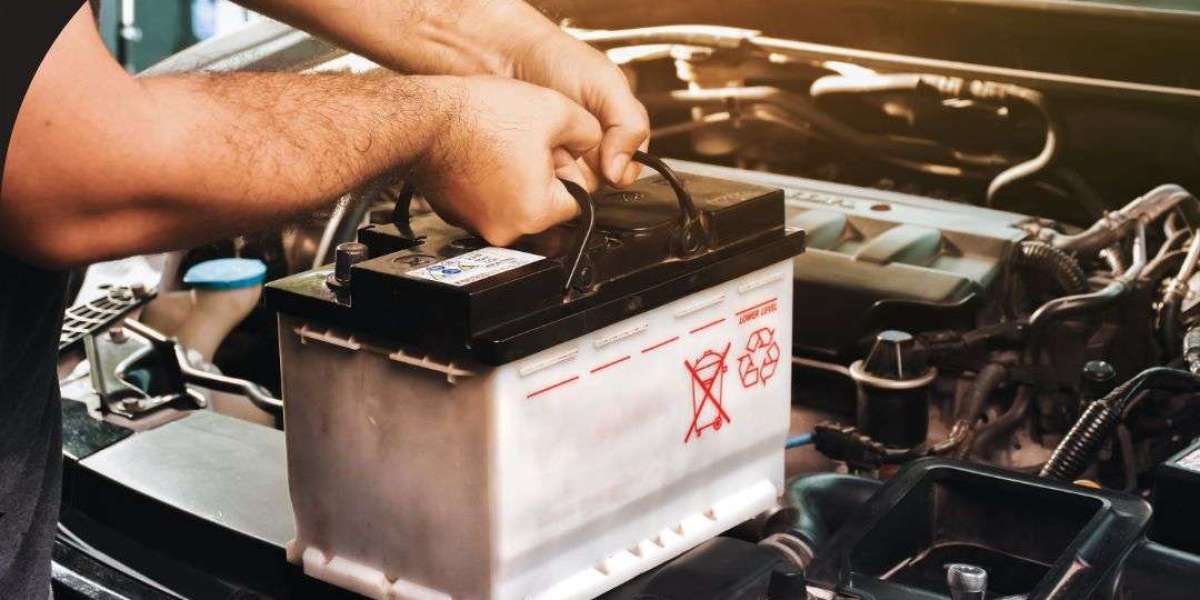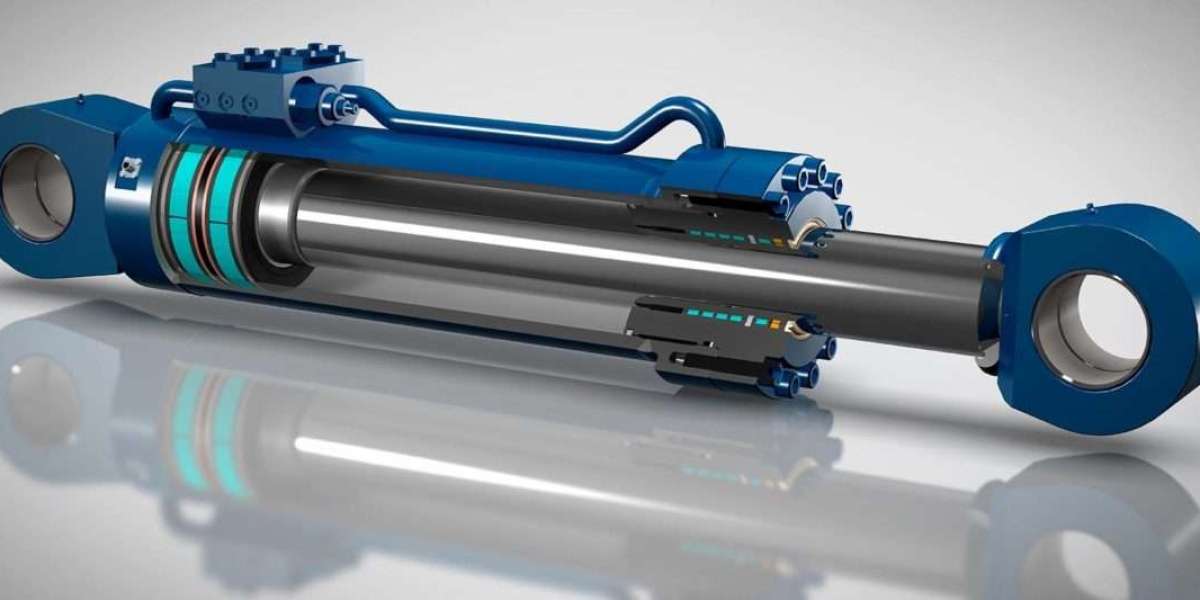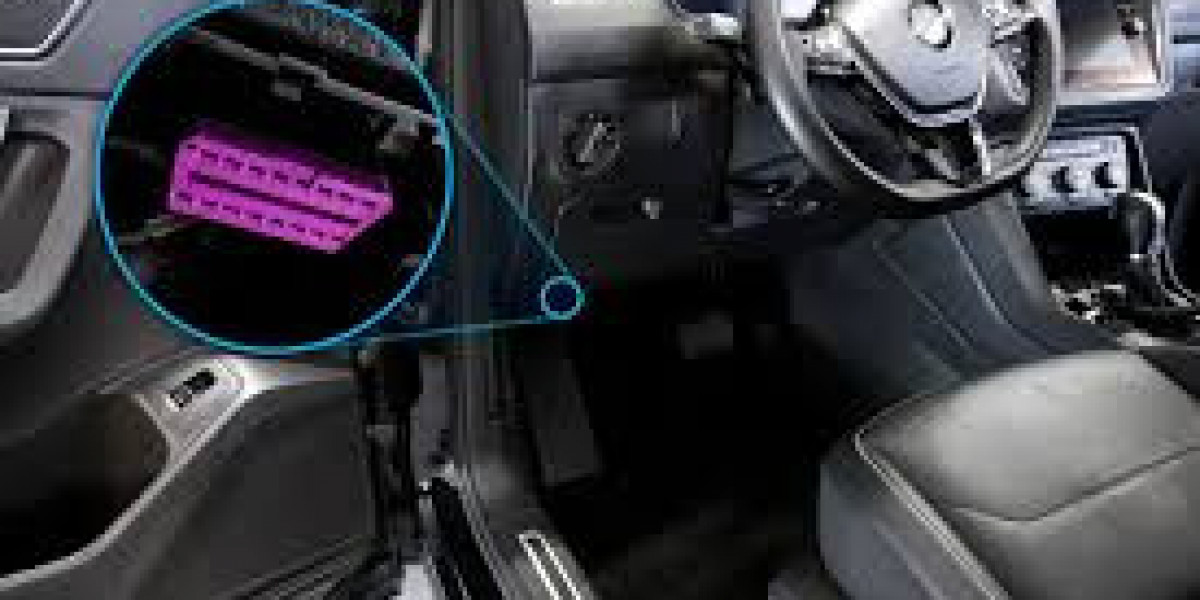Electrical issues in your car can be some of the most frustrating problems to diagnose and fix. These problems, often referred to as "electrical gremlins," can manifest in various ways, from a dead battery to malfunctioning lights, and can significantly impact the performance and safety of your vehicle. Understanding how to identify and tackle these common electrical issues is essential for maintaining your car's reliability.
One of the most common electrical issues is a dead or dying battery. A battery that consistently fails to hold a charge or requires frequent jump-starts may be at the end of its life. The average lifespan of a car battery is about three to five years, depending on usage and environmental factors. Regularly testing your battery's voltage can help you monitor its health and anticipate when it might need replacement. If your battery is relatively new but still having issues, check the terminals for corrosion. Clean any corrosion with a mixture of baking soda and water, and ensure the connections are tight and secure.
Alternator problems are another frequent cause of electrical issues. The alternator is responsible for charging the battery and powering the electrical systems while the engine is running. Symptoms of a failing alternator include dimming headlights, electrical accessories not working properly, and the battery warning light on the dashboard. If you suspect your alternator is failing, have it tested at a nearest auto service center. A professional can confirm the diagnosis and replace the alternator if necessary, ensuring your battery remains charged and your electrical systems function correctly.
Blown fuses can also cause various electrical components to stop working. Fuses protect your car’s electrical circuits from damage by breaking the circuit if there's an overload. If a particular component, like the radio or power windows, suddenly stops working, check the corresponding fuse. Your vehicle’s owner manual will have a fuse box diagram showing which fuse corresponds to each component. If you find a blown fuse, replace it with one of the same amperage. If the new fuse blows again quickly, there may be a deeper electrical issue that needs professional diagnosis.
Wiring problems can be more challenging to diagnose but are a common source of electrical gremlins. Wires can become damaged or frayed over time due to wear and tear, leading to shorts or open circuits. Rodents chewing on wires can also cause significant damage. Symptoms of wiring issues include intermittent electrical problems, strange smells (burning plastic), or visible damage to the wiring harness. Diagnosing and repairing wiring issues can be complex, so it’s often best to seek help from a professional mechanic who can use specialized tools to trace and fix the problem.
Faulty ground connections can lead to a variety of electrical issues. Ground connections complete the circuit by connecting electrical components to the car's chassis. Poor ground connections can cause components to work intermittently or not at all. Inspect ground wires and connections for corrosion or looseness and clean or tighten them as necessary. Ensuring good ground connections can resolve many unexplained electrical issues.
Modern vehicles rely heavily on computerized systems, which can also experience glitches. Software updates or faults in the car's computer systems can cause various electrical problems. If you notice erratic behavior from your car’s electrical systems, such as dashboard lights flickering or sensors giving false readings, it might be related to the vehicle's electronic control unit (ECU). Sometimes, a simple software update can resolve these issues, while more severe cases might require diagnostic equipment that’s only available at an auto service center.
Finally, keep an eye on your vehicle’s sensors and switches. These components are critical for the proper functioning of many systems, including the fuel injection, ignition, and safety features. A faulty sensor or switch can cause performance issues and trigger warning lights on the dashboard. For instance, a malfunctioning oxygen sensor can lead to poor fuel economy and increased emissions. Regular maintenance and timely replacement of faulty sensors and switches can prevent many electrical problems.
In conclusion, tackling electrical issues in your car requires a systematic approach to diagnosis and repair. From battery and alternator problems to wiring issues and faulty sensors, understanding the common culprits can help you address these problems more effectively. Regular maintenance and inspections can prevent many electrical gremlins from becoming significant issues. For complex problems, seeking help from an auto service center is often the best course of action to ensure that your car’s electrical systems are functioning correctly and safely.











